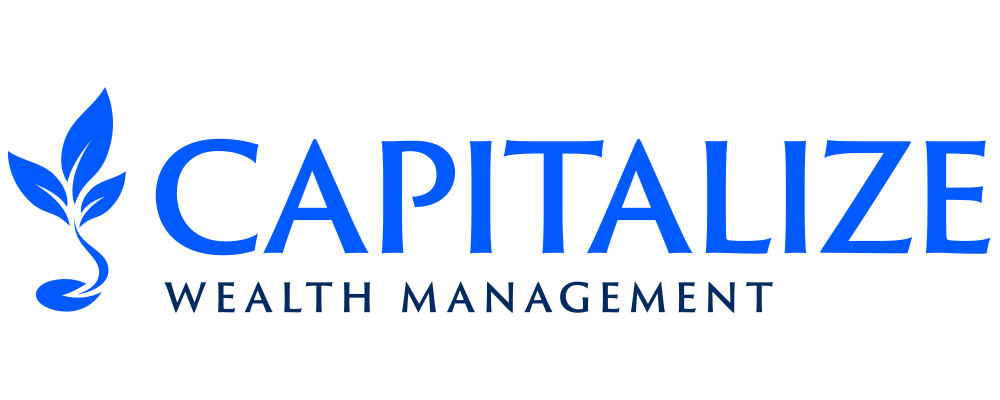
21 Feb Delaware Statutory Trust(DST) FAQs
Am I married to the DST structure?
No. Once a DST goes full cycle and the asset or portfolio of assets is sold and exchanger can exchange into another DST, exchange into real property, pay taxes, or in some circumstances participate in a 721 UpREIT transaction.
Am I married to the DST structure?
No. Once a DST goes full cycle and the asset or portfolio of assets is sold, an exchanger can
- exchange into another DST
- exchange into real property
- pay taxes
- or in some circumstances participate in a 721 UpREIT transaction.
Am I liable for the DST debt?
An investor in the DST is not liable or underwritten for the DST’s debt. The debt is non-recourse. It is not on the investor’s balance sheet or credit report. However, the investor/exchanger gets all of the benefits of the debt including using it for debt replacement purposes on their exchange as well as potential additional depreciation to help shelter distributions.
I am still in my 45 day identification period and have used up some of my proceeds on a real property. Can I invest the remaining funds into a DST to complete my exchange?
Absolutely! We help clients all the time that have taxable boot left over exchange their remaining proceeds into one or more DST’s to avoid a taxable event. Please keep in mind that you need to be an accredited investor to invest into DST’s.
Can I use a high leverage DST to take care of my debt and then use the remaining cash at a Qualified Intermediary to buy a real property?
Yes. We have accredited investors increasingly using this strategy as they get to replace their debt non-recourse with a DST. We want to again emphasize that when doing a 1031 you can blend real property and DST’s.
Can I do more than one DST?
Yes, you can do as many DST’s as you would like as long as you meet the minimum investment amounts from the different DST sponsors. We have had investors doing large exchanges do multiple DST’s to in different sectors and geographic areas. We love to diversify a client into different areas of the country as well as different real estate types
Do you have to be an Accredited Investor? Financial and Profession criteria below
Yes. Individuals (i.e., natural persons) may qualify as accredited investors based on wealth and income thresholds, as well as other measures of financial sophistication.
Financial Criteria
- Net worth over $1 million, excluding primary residence (individually or with spouse or partner)
- Income over $200,000 (individually) or $300,000 (with spouse or partner) in each of the prior two years, and reasonably expects the same for the current year
Professional Criteria
Investment professionals in good standing holding the general securities representative license (Series 7), the investment adviser representative license (Series 65), or the private securities offerings representative license (Series 82)
- Directors, executive officers, or general partners (GP) of the company selling the securities (or of a GP of that company)
- Any “family client” of a “family office” that qualifies as an accredited investor
- For investments in a private fund, “knowledgeable employees” of the fund
ARE THERE POTENTIAL RISKS ASSOCIATED WITH DSTS?
Yes, as in any investment there are risks associated with it. First off, you need to be an Accredited Investor because of the complex structure of DSTs. These are usually Reg D, illiquid, long term investments. Like any investment there is possibility of the investment losing money, income stream to stop or decrease, etc.
What is the typical minimum investment into a DST?
Generally, $50,000-$100,000. We always recommend investing enough into each DST that when it goes full cycle that you will have enough funds to exchange into a real property if you want to.
